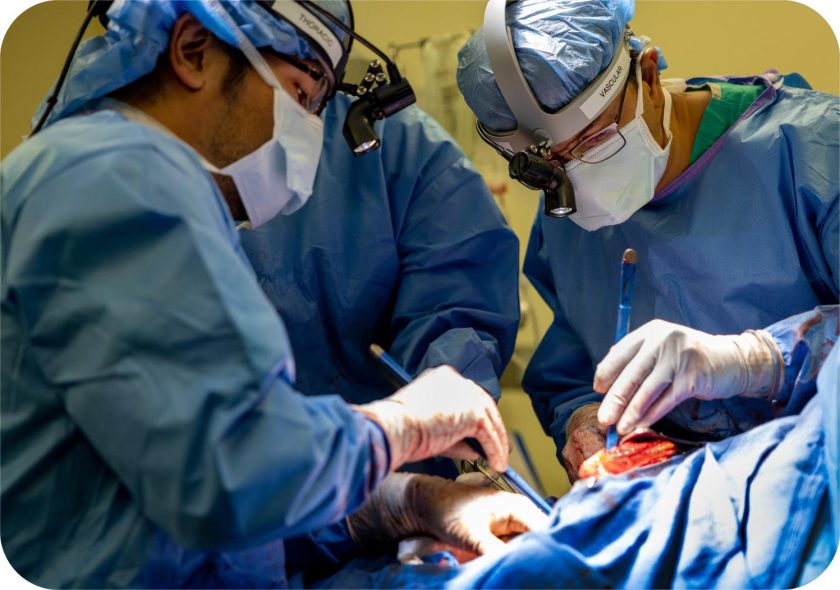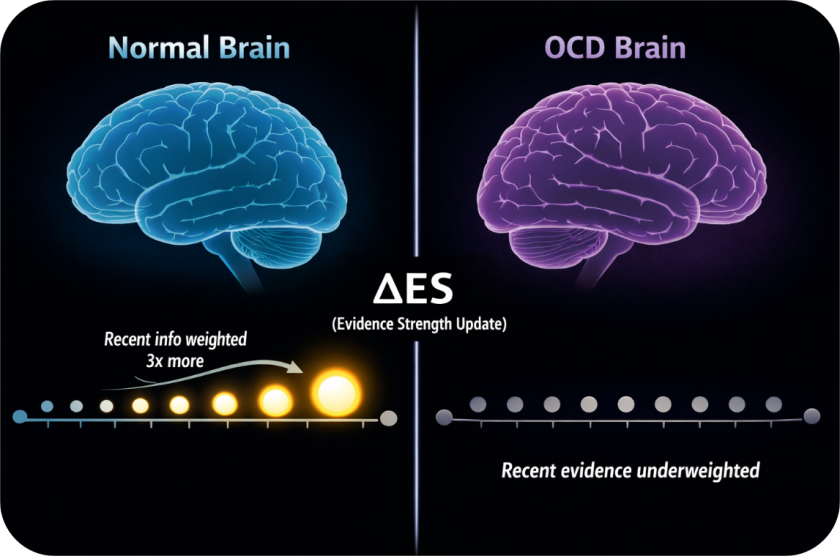Lack of strong willpower in us is to be blamed for not able to follow a strict diet and an exercise regime regularly. Along with this, a bacterium that resides in our gut too is responsible for not performing the action on regular basis. According to a new research, bacteria residing in our gut also play a significant role in altering our appetite and mood, making us succumb to consume as per their requirement and slowly leading us towards obesity and other diseases.
This may be hard to believe that a microscopic organism can exert such a control on the mind of humans. A team of experts from UC San Francisco, University of New Mexico and Arizona State University, in their study stated that gut microbes (that exceed number of human cells almost 100 times), rather just thriving on nutrients from foods that comes their way, also influence eating habits and food choices to derive nutrients that are best for their growth. The study also confirms the impact of these microbes on moods like anxiety and irritability.
Manipulative Microbes
Different bacteria have different nutrient requirement. Some need fat while others require sugar. As per senior author, Athena Aktipis, in the digestive tract, these bacteria keep struggling for nutrients and their niche, but they also have a different focus than humans do when it comes to action. However, experts are still now sure about how this happens. They suggest that gut microbes that consist of a variety of microbial community, releases signaling molecules to influence human dietary choices. And as the gut is connected with the nervous system, endocrine system and immune system, the signaling molecules influence human physiologic and behavioral function.
Corresponding author, Carlo Maley says that though these bacteria are manipulative, humans, by altering their food habits, can have an impact on these microbes compatibility. And within 24 hours from new diet, measurable changes in microbiome can be noticed.

Relationship between Digestive Tract and Brain
Researchers propose that gut bacteria partially alter human food choices by acting upon vagus nerve that is known to link 100 million nerve cells of the digestive tract with the base of the brain. Aktipis explains that to change behavior and mood, microbes modify the signals send to the vagus nerve, thus altering taste receptors, creating toxins making humans feel bad and discharging chemical rewards to feel better.
Certain bacteria types in mice are known to intensify anxiety. Also, as per a clinical study, humans that consume probiotic containing Lactobacillus casei uplifted mood for those felling the most terrible. Researchers wish to study more to understand the control of these microbes on humans. For instance, studying the effect of introducing bacteria, which need nutrient from seaweed, into the gut might make the individual to consume more seaweed.
Regulating Microbial Populations
Rate with which the microbiome changes in the gut might sound appealing to those who want to enhance health by regulating microbial populations. This would require making the right food and supplement choices. Intake of probiotic is recommended to ingest particular bacterial species or consuming antibiotics to minimize growth of certain other and thus leading towards a healthier life.
Aktipis points that even the evolution of tumors and communities of bacteria is linked and certain bacteria that thrive within the human body can lead to stomach cancer and perhaps other cancer types. Therefore, focusing on the microbiome could aid in the prevention of many diseases like obesity, diabetes and tumor of the gastro-intestinal tract as well. This is just the beginning to unravel the significance of microbiome for human wellbeing. After reading this research, however, one should not start blaming the gut microbe always to indulge in sinful food loaded with calories claimed another researcher.
Source: UCSF




